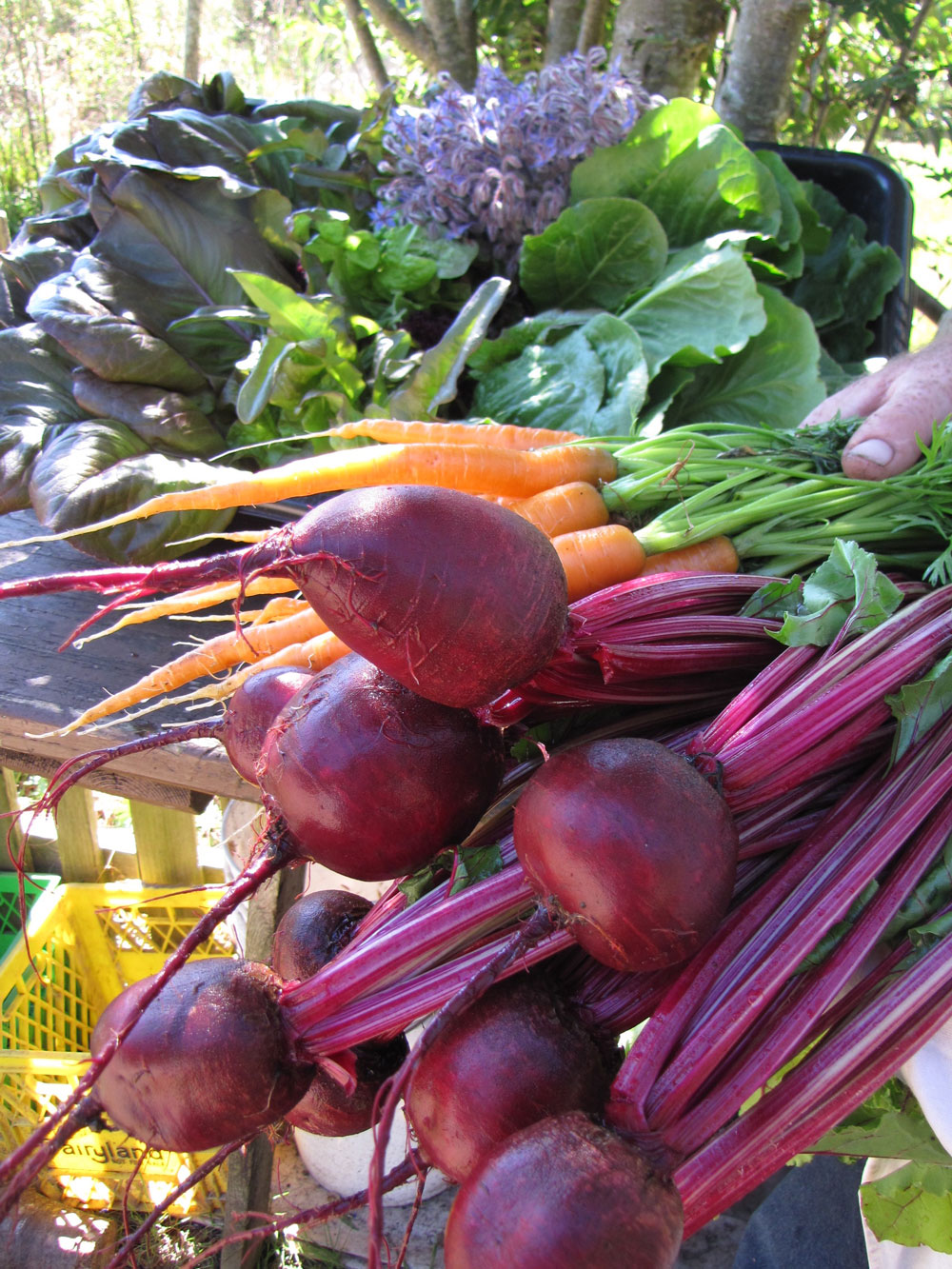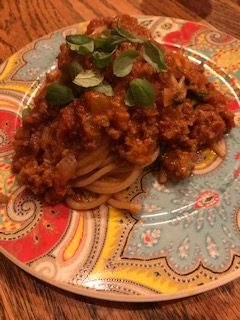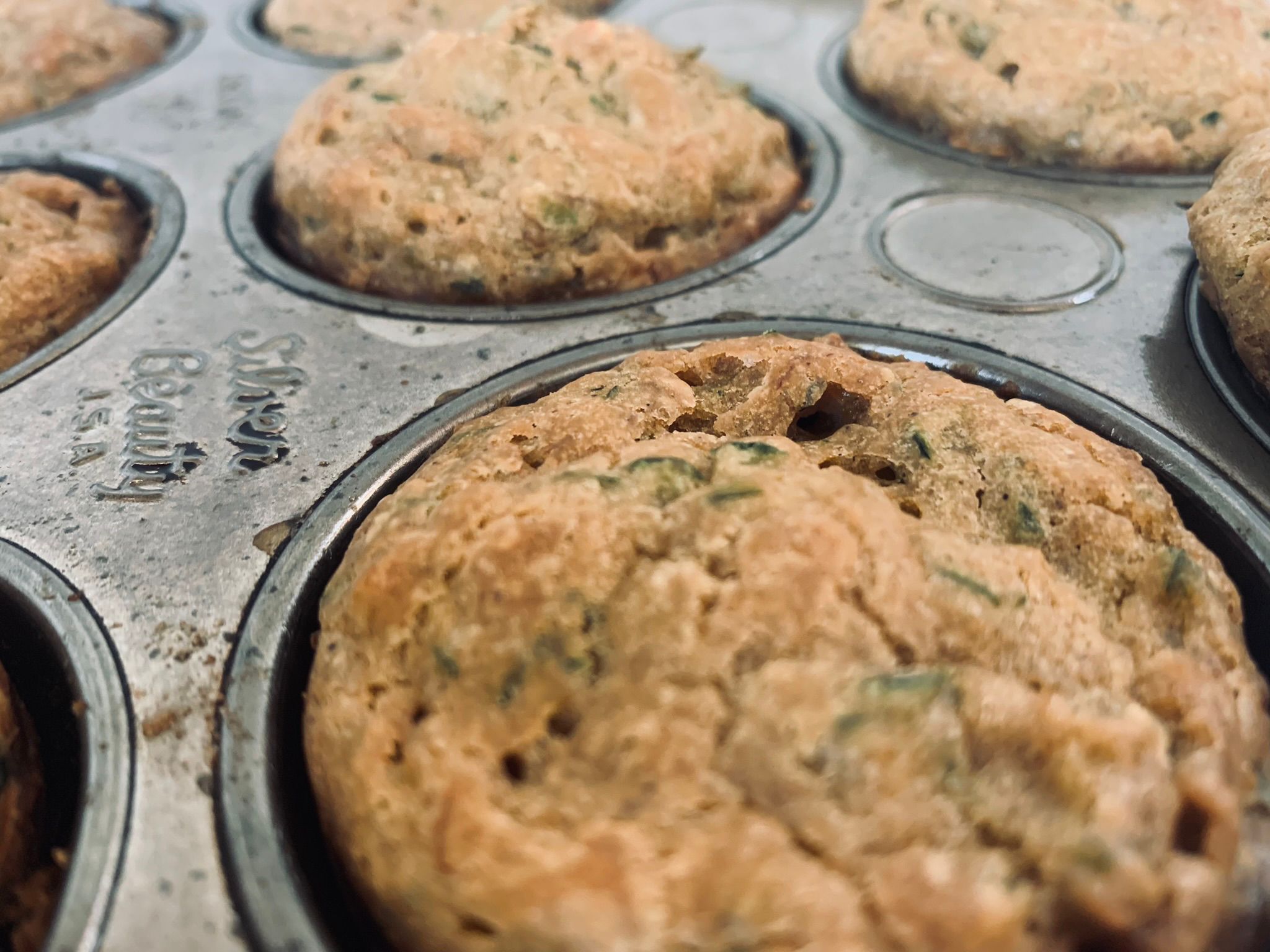A real food diet means eating unprocessed food as close to its natural state as possible and raising, growing and preparing these items in a traditional way. We cut out “new” industrial food products like corn syrup and margarine, reduce or eliminate grains and refined sugar and eat an abundance of time-honored foods, like grass-fed meat, raw dairy, wild seafood, pastured eggs, and in-season vegetables and fruit that are free from pesticides. We consume lots of healthy fat from things like butter and coconut oil. A real food diet means paying attention to the quality of the ingredients we eat and how traditional food preparation techniques (like fermentation, soaking, etc.) can improve our digestion and health. Rather than obsessing over diet restrictions or counting calories, ask yourself: Is this a real food and is it going to nourish me?

A real food diet means avoiding processed food. Or in other words, we aim to avoid industrial food products. Milk straight from the cow or a head of cabbage are examples of whole, unprocessed foods, but once you take that same milk and turn it into kefir or make the cabbage into sauerkraut, technically both become processed foods. But items like these, made using traditional techniques can be thought of as “prepared” foods, vastly different from the “processed” industrial food products full of chemicals and preservatives, that are produced by factory processing. These types of packaged “fake foods” are refined from their natural state to the point of being toxic to the body (e.g. canola oil) and devoid of their nutrition value (e.g. pasteurized milk). Animals raised on factory farms unable to exhibit their natural behaviors or eat their natural diet fall into this category, as well as produce sprayed with pesticides.
Abey, who lives and farms on Ruckle Heritage Farm, believes in a real food diet with an emphasis on healthy fat to help reduce appetite and cravings. This way of eating is not about deprivation and doesn’t have to mean cutting anything out of your diet completely. It means limiting your unhealthy choices and optimizing the whole, real food options in your diet. If grains are eaten, attention should be paid to how the grains are prepared because certain traditional preparation techniques (e.g. the use of a sourdough bread starter) will aid digestion and remove phytic acid (found in nuts, grains and seeds) which can reduce minerals absorption.
A real food diet looks at the big picture, even paying attention to our condiments and beverages, because what we consume has a tremendous impact on our microbiome, our inner working balance of bacteria which affects everything from our mood to our skin health. We want to feed this beneficial bacteria and encourage this awareness to motivate us to make better food choices. If your only motivation to eat well is to lose weight, it’s easy to find excuses to “just start eating better tomorrow” but as you begin to understand food’s role in your health, you will realize the wisdom in the old adage, “Pay the farmer now or the pharmacist later”. A real food diet encourages you to consider how the food you buy, and therefore the food production practices you support, has an impact on others (farm workers, animals etc.) and on the environment. By eating ethically raised animals and demanding pesticide free produce, you are moving sustainable practices back towards the mainstream.
While this is not a quick-fix weight loss plan (but let’s be honest, those don’t work anyway), this way of eating nourishes your body and gives you the energy necessary for an active lifestyle. For years we’ve been told fat was the problem. We now understand fat’s vital role in our health. Fat can actually help you lose weight and maintain a healthy weight. By reducing grains and sugars in the diet, while increasing healthy fat, your appetite is reduced and your cravings for unhealthy treats are diminished. This leads to lasting weight loss.
Rather than make ourselves crazy counting calories and macronutrients, just eat real food!



